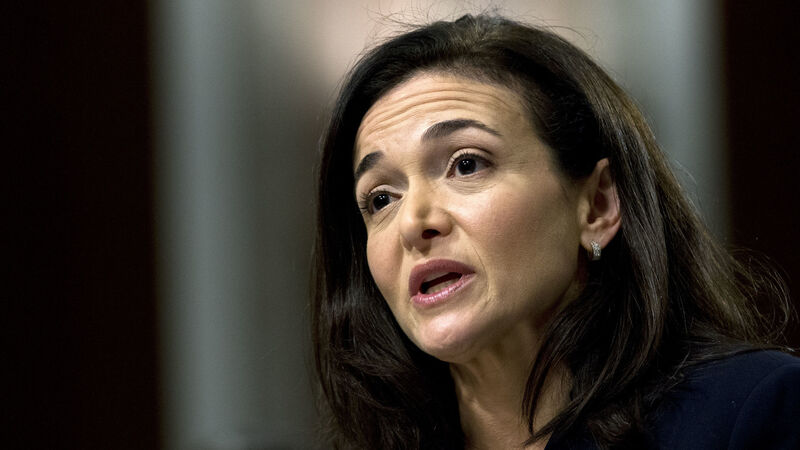Nothing changes for women when we are constantly told balance is 'unattainable'

Sheryl Sandberg’s 'Lean In' from 2013 to some extent promoted the message, and might be what embodies the source of the lie for some, but it is important to note that despite her book's success and reach it was also very rapidly shut down and criticised for being elitist and unrealistic. File Picture: Jose Luis Magana/AP
Ask almost anyone and they will tell you that at some point women were told they could have it all. They will also then most likely go on to tell you that this was lie, a feminist utopia we were sadly duped into believing in.
Confronted with the lived experience of frantically, and often unsuccessfully, juggling the multiple and competing responsibilities of work and family life, most women have — not surprisingly — come to the conclusion that they were sold a pup. And we feel let down, betrayed, and at the very least like we have grounds to sue for false advertising.
















